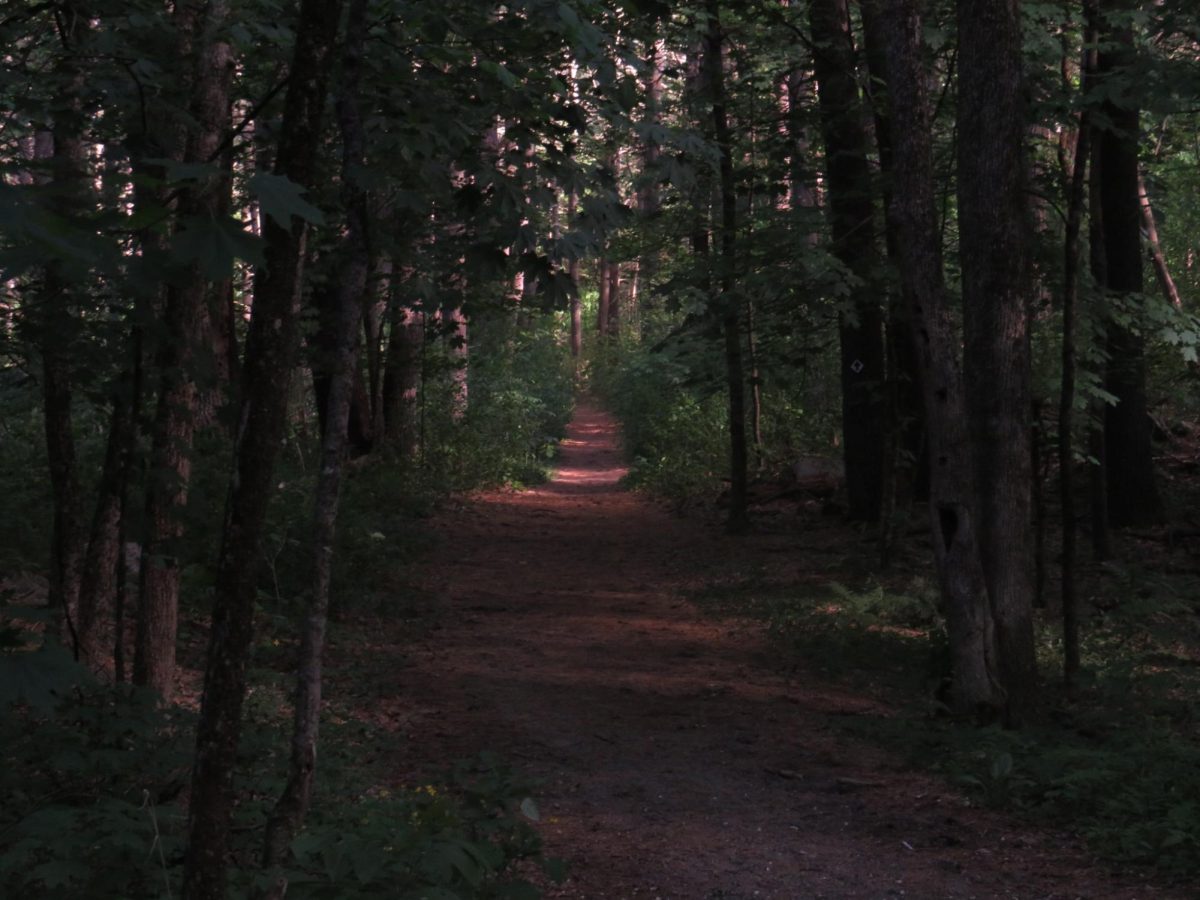by Erin Farquharson
Last year in Hudson High, the school Wi-Fi was blocked to all students without the password, but this year it is open to anyone. The bad news is that many sources are blocked by a sonic wall. This poses a disadvantage to student learning in the classroom.
Administration blocks websites like Facebook and Twitter understandably, but there are some sites blocked that could be very helpful for research and demonstration. One specific site that is always blocked is YouTube. Teachers often want to show excerpts from movies or historical songs related to learning, and they have to unblock the website in order to do so. This site and many others like it are really helpful and should not be blocked.
Technology is becoming impossible to ignore. It is a part of today’s society, so why not take full advantage of it?
There are some specific schools around the country that don’t use any sonic walls, and this seems to be benefiting their school environment. New Canaan High School in Connecticut received the National Library Award with unique tech devices and open Wi-Fi network. Their school has opened their network to social media and cloud computing, benefiting their student’s learning, and the student-teacher community. Opening the network in Hudson High could bring more students to the library and overall create a tighter knit school community through technology.
Having an open network in classes like journalism would make the course so much easier. The class has its own Twitter and Instagram account that must be unblocked by Mrs. Vessels for each student to view. There are some times when the sonic wall even blocks The Big Red.
The firewall really limits education through social networking like blogs. There is much information and a full spectrum of opinion in blogging, and that should not be blocked just to ensure students won’t be using these social networking sites during class time. Blogging sites such as blogger are being encouraged in a lot of English and history classes, so why block any other blogging websites that prove to be helpful in learning?
Students who are going to text or be on Facebook during class are using their phones regardless of sonic walls. Students who are going to be paying attention in class and contributing to the learning environment are responsible enough to have an open Wi-Fi network.
Schools across the country have to follow the Children’s Internet Protection Act. This requires them to block or filter harmful materials. There is no specific requirement, and the law is open to interpretation by every school. Many schools are blocking sites like Facebook, Instagram and Twitter. Other social networking has been known to benefit a school community. For example sites that allow students from different schools to communicate for educational purposes or sites that allow students and teachers to communicate should not be blocked.
Having social networking sites unblocked in the school, administration is taking a risk by giving students the opportunity to abuse them, but that risk is well worth taking in order to benefit student learning.







Marco A. Ojeda • May 4, 2017 at 4:20 pm
I’m sooooooo agree with you. But anyways I think that may not be a problem for some students because they dont need WiFi to go in the internet, because the have data.